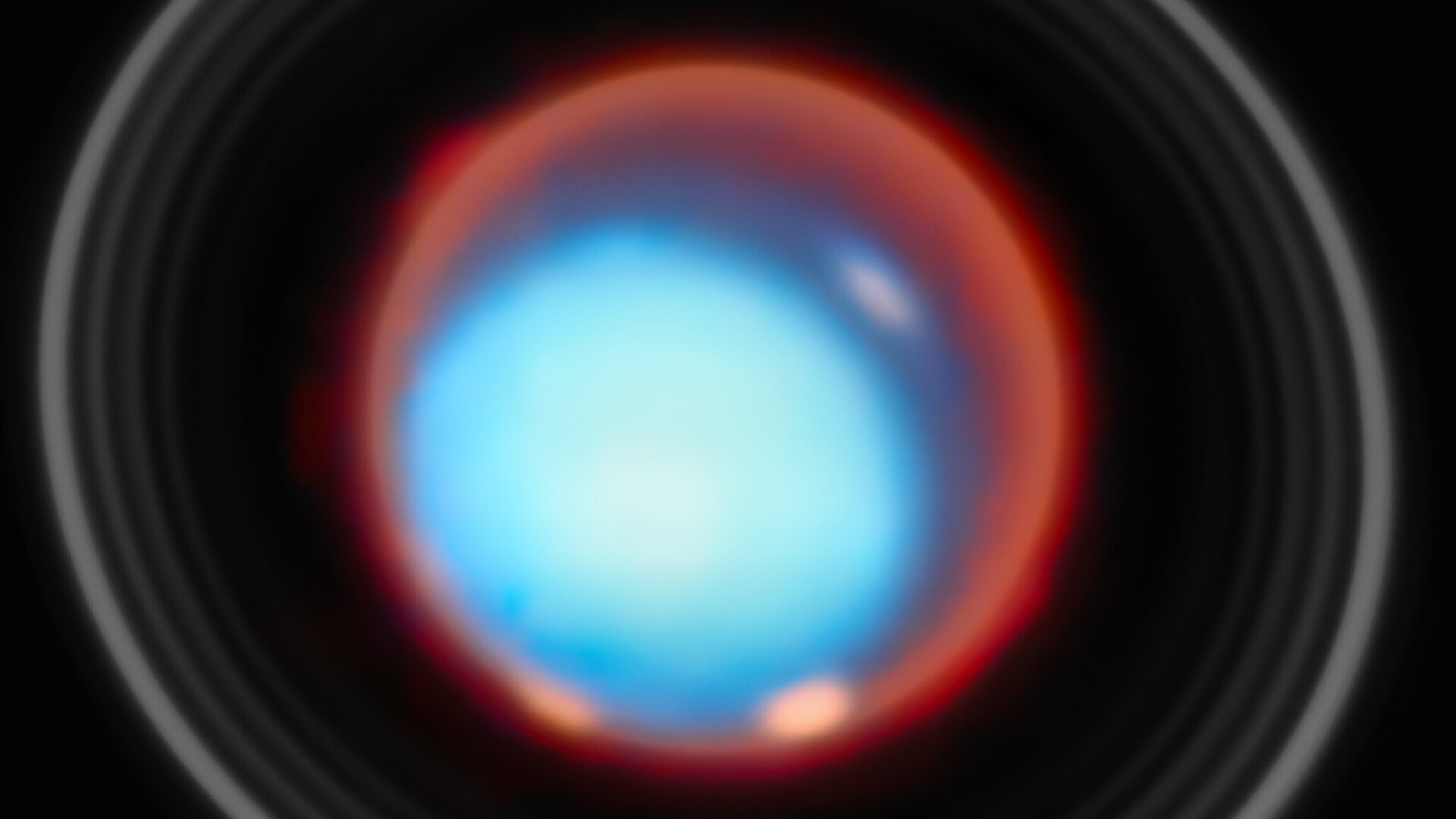Watch Rocket Lab launch US spy satellite early Wednesday
Breaking space news, the latest updates on rocket launches, skywatching events and more!
You are now subscribed
Your newsletter sign-up was successful
Want to add more newsletters?

Delivered daily
Daily Newsletter
Breaking space news, the latest updates on rocket launches, skywatching events and more!

Once a month
Watch This Space
Sign up to our monthly entertainment newsletter to keep up with all our coverage of the latest sci-fi and space movies, tv shows, games and books.

Once a week
Night Sky This Week
Discover this week's must-see night sky events, moon phases, and stunning astrophotos. Sign up for our skywatching newsletter and explore the universe with us!

Twice a month
Strange New Words
Space.com's Sci-Fi Reader's Club. Read a sci-fi short story every month and join a virtual community of fellow science fiction fans!
Update for 12:40 a.m. EDT on July 13: Rocket Lab is now targeting 2:30 a.m. EDT (0630 GMT) on July 13 for the launch.
Rocket Lab will launch a U.S. spy satellite to orbit early Wednesday morning (July 13), and you can watch the action live.
A Rocket Lab Electron booster carrying the NROL-162 satellite for the U.S. National Reconnaissance Office (NRO) is scheduled to lift off from the company's New Zealand site on Wednesday during a two-hour window that opens at 1 a.m. EDT (0500 GMT; 5 p.m. local time in New Zealand).
Watch it live here at Space.com, courtesy of Rocket Lab, or directly via the company. Coverage will begin about 15 minutes before liftoff.
Related: Rocket Lab and its Electron booster (photos)
The NRO, which operates the United States' fleet of spy satellites, is running the NROL-162 mission in partnership with the Australian Department of Defence (AUS DoD). NROL-162 "will strengthen the NRO's ability to provide a wide range of timely intelligence information to national decision makers and intelligence analysts to protect the United States' vital interests and support humanitarian efforts worldwide," Rocket Lab wrote in a mission description, which you can find here.
Rocket Lab will launch another joint NRO-AUS DoD effort about 10 days after NROL-162, if all goes according to plan: An Electron is scheduled to loft the NROL-199 spacecraft from New Zealand no earlier than July 23.
Breaking space news, the latest updates on rocket launches, skywatching events and more!
"The NROL-162 and 199 missions are the latest examples of the NRO's commitment to enhancing relationships with U.S. allies and partners and demonstrates the NRO's capability to launch multiple rockets from overseas locations back to back," Rocket Lab wrote in the mission description.
The NROL-162 mission, which Rocket Lab calls "Wise One Looks Ahead," will be the 28th launch of the 58-foot-tall (19 meters) Electron. It will follow on the heels of CAPSTONE, a tiny NASA moon probe that an Electron launched on June 28.
Rocket Lab is working to make the first stage of the two-stage Electron reusable and has recovered boosters for inspection and analysis on several previous missions. But it doesn't seem like such activity is planned on "Wise One Looks Ahead"; the mission press kit doesn't mention anything about a booster recovery.
Mike Wall is the author of "Out There" (Grand Central Publishing, 2018; illustrated by Karl Tate), a book about the search for alien life. Follow him on Twitter @michaeldwall. Follow us on Twitter @Spacedotcom or on Facebook.

Michael Wall is a Senior Space Writer with Space.com and joined the team in 2010. He primarily covers exoplanets, spaceflight and military space, but has been known to dabble in the space art beat. His book about the search for alien life, "Out There," was published on Nov. 13, 2018. Before becoming a science writer, Michael worked as a herpetologist and wildlife biologist. He has a Ph.D. in evolutionary biology from the University of Sydney, Australia, a bachelor's degree from the University of Arizona, and a graduate certificate in science writing from the University of California, Santa Cruz. To find out what his latest project is, you can follow Michael on Twitter.
